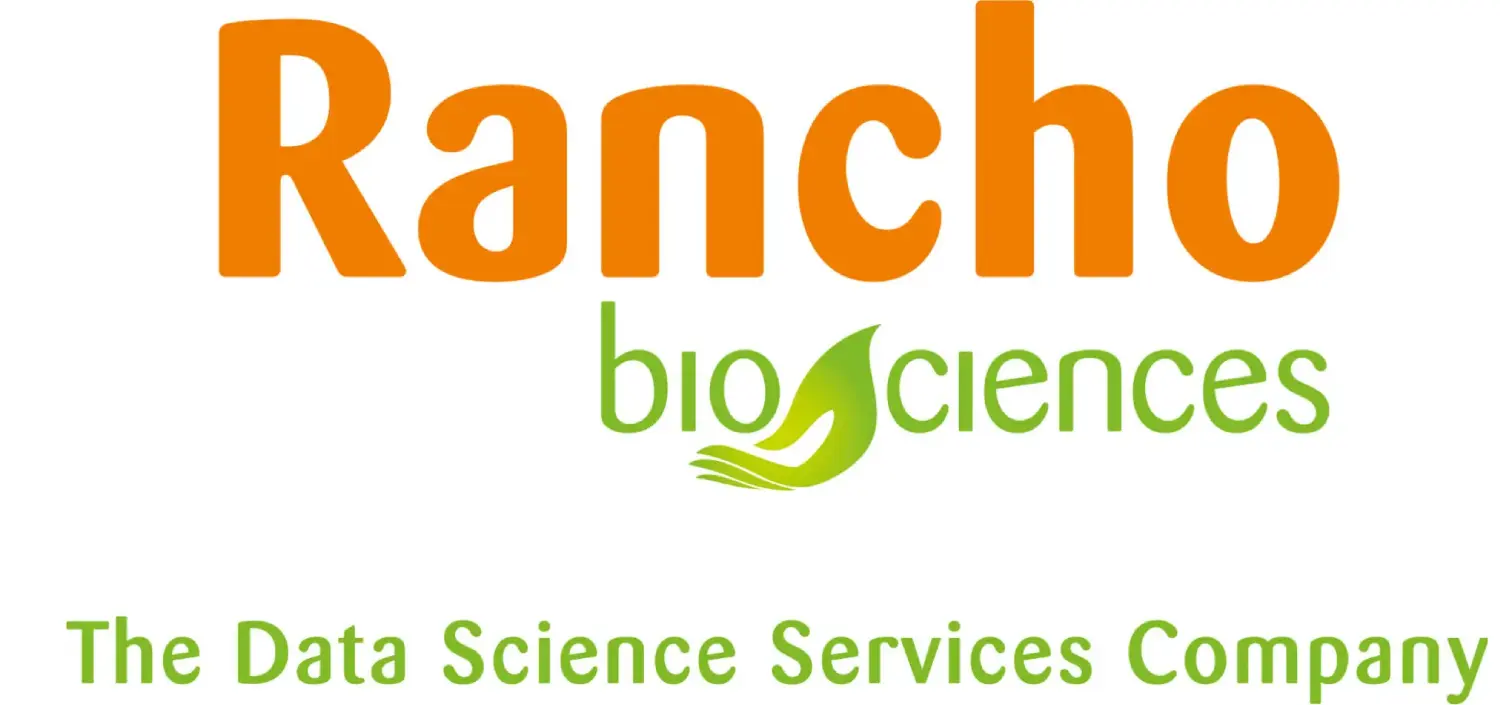The Transformative Power of Single-Cell Data in Biological Discovery
In the intricate tapestry of life, each cell holds a unique narrative, weaving together the story of an organism’s existence. Yet, traditional methods of biological analysis often obscure the individual voices within this symphony, offering only a blurred glimpse of cellular diversity and function. Enter single cell data analysis—a groundbreaking approach that peels back the layers of complexity, revealing the rich tapestry of cellular heterogeneity that underpins biological systems. In this article, we delve into the transformative potential of single cell data, exploring its applications in biological research, technological innovations driving its advancement, and the challenges and future directions that lie ahead.
Understanding Single Cell Data
At its core, single cell data refers to the wealth of information gleaned from analyzing individual cells within a population. Unlike conventional bulk sequencing methods, which provide average data aggregated from thousands or millions of cells, single cell analysis offers a granular view of cellular diversity, capturing the nuanced differences between individual cells. This ability to dissect cellular heterogeneity is pivotal in deciphering complex biological processes, from embryonic development and tissue homeostasis to disease pathogenesis and therapeutic response.
Applications in Biological Research
- Cellular Heterogeneity Unraveled
Single cell data serves as a powerful lens through which researchers can explore the intricate mosaic of cell types and states present within tissues and organs. By delineating the distinct gene expression profiles and regulatory networks of individual cells, scientists gain a deeper understanding of cellular identity and function, shedding light on fundamental questions in developmental biology, immunology, and neurobiology.
- Disease Insights Revealed
In the realm of disease research, single cell analysis holds immense promise for unraveling the molecular underpinnings of various pathologies. By scrutinizing the gene expression patterns of individual cells within diseased tissues, researchers can identify rare cell populations with particular transcriptomic profiles, map disease trajectories, and uncover novel therapeutic targets. From cancer and autoimmune disorders to neurodegenerative diseases, single cell data provides unparalleled insights into disease initiation, progression, and treatment response.
- Precision Medicine Advancements
One of the most exciting applications of single cell analysis lies in its potential to revolutionize personalized medicine. By profiling the molecular signatures of individual cells, researchers can identify biomarkers associated with disease subtypes, predict patient outcomes, and tailor therapeutic interventions to the unique characteristics of each individual. This precision approach holds the promise of maximizing treatment efficacy while minimizing adverse effects, ushering in a new era of patient-centered healthcare.
Technological Innovations Driving Single Cell Analysis
- Single Cell Sequencing Platforms
Recent years have witnessed a proliferation of innovative technologies designed to enable high-throughput single cell sequencing. From droplet-based methods like Drop-seq and 10x Genomics to microfluidic systems such as the Fluidigm C1 platform, these cutting-edge tools empower researchers to profile the transcriptomes of thousands of individual cells in a single experiment, generating vast repositories of single cell data for analysis.
- Computational Algorithms
Accompanying the rise of single cell sequencing platforms is the development of sophisticated computational algorithms and bioinformatics tools tailored to analyze large-scale single cell datasets. These algorithms leverage machine learning techniques, dimensionality reduction algorithms, and clustering algorithms to extract meaningful biological insights from complex data, reconstruct cellular landscapes, and identify key regulatory networks driving cellular behavior.
- Integration with Multi-Omics Data
To gain a comprehensive understanding of cellular physiology and pathology, researchers are increasingly integrating single cell transcriptomics with other omics technologies, including genomics, epigenomics, and proteomics. By correlating gene expression profiles with genomic mutations, chromatin accessibility, epigenetic modifications, and protein expression patterns, scientists can unravel the intricate molecular mechanisms underlying cellular function and dysfunction.
Challenges and Future Directions
- Data Integration Complexity
While single cell analysis offers unprecedented insights into cellular heterogeneity, integrating data from multiple experiments and omics layers poses significant computational challenges. Developing robust analytical frameworks capable of harmonizing disparate datasets and extracting biologically relevant information remains a critical area of research. The interpretation of this data demands sophisticated tools and expertise in bioinformatics services.
- Spatial Transcriptomics
In recent years, there has been growing interest in spatial transcriptomics techniques, which enable the visualization of gene expression patterns within the context of tissue architecture. By preserving spatial information alongside single cell resolution, these emerging technologies bridge the gap between cellular heterogeneity and spatial context, facilitating a more nuanced understanding of cellular interactions within their native microenvironments.
Single cell data analysis represents a paradigm shift in our approach to understanding the complexity of biological systems. By unraveling the mysteries encoded within individual cells, researchers unlock a wealth of insights that transcend traditional boundaries, reshaping our understanding of cellular behavior, disease pathology, and therapeutic interventions. As technology continues to evolve and our understanding deepens, the future holds immense promise for single cell analysis, paving the way for groundbreaking discoveries that will revolutionize the landscape of biology and medicine.
Rancho BioSciences offers data curation services catering to pharmaceutical and biotech firms, academic institutions, foundations, and governmental bodies. We specialize in handling a diverse array of life science data types, encompassing clinical trials, genomics, transcriptomics, genetic variants, cutting edge methods, toxicology, chemistry, microbiome, flow cytometry analysis, and imaging data. This data may originate from internal sources or be publicly available. With our extensive experience and platform-agnostic approach, we excel at formatting data to suit various commercial, internal, and public (open-source) platforms. Take the opportunity to take your data-driven endeavors to the next level. Contact Rancho BioSciences today and embark on a journey of innovation and discovery.
